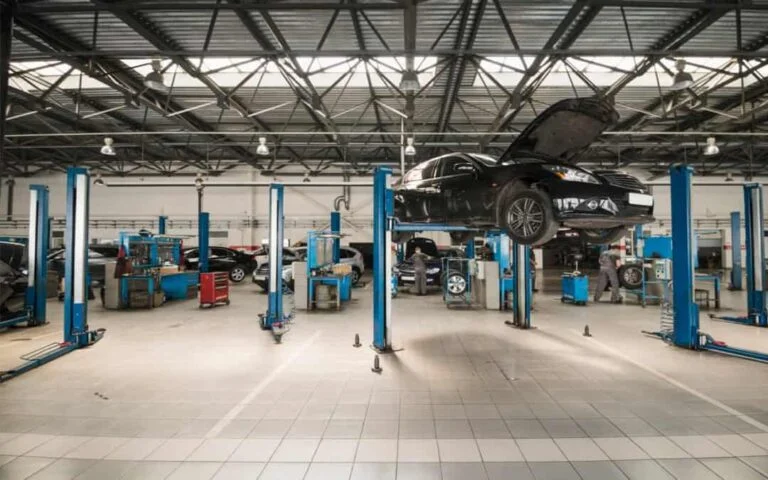In recent years, vehicles with partial and (virtually) total self-driving capabilities have become increasingly popular options for consumers. However, while self-driving features are intriguing for a host of reasons, there are still a host of safety-related concerns associated with these features that have yet to be ironed out sufficiently. One only needs to do quick research related to recent Tesla recalls concerning self-driving features to understand that too much remains unknown about the potential safety hazards inherent in this new technology for comfort.
As a result, it is understandably concerning that the commercial side of U.S. road travel is becoming increasingly self-automated as well. While self-driving features are not as widely utilized in commercial operations as they are by motorists who operate light vehicles for personal use, trucking companies are increasingly exploring the opportunities afforded by this technology.
What The Government Has To Say
The federal government – which primarily regulates commercial trucking activity via the Federal Motor Carrier Safety Administration (FMCSA) – is understandably concerned about the safety implications of massive commercial vehicles being operated via self-driving features. As such, the FMCSA is expected to release a proposed rule on this subject this spring.
While it is likely that the rule will be somewhat influenced by the National Highway Transportation Safety Administration’s (NHTSA) limited guidance on the subject for light vehicle manufacturers, the FMCSA is going to have to consider the uniquely hazardous nature of large commercial vehicle travel specifically.
Why This Issue Matters For “Everyday” Motorists
It is broadly understood that commercial vehicle crashes tend to lead to greater damage and a greater risk of severe injuries than “traditional” auto accidents. Whether a massive commercial truck slams into a light vehicle, a motorcycle, a cyclist, or a pedestrian, the consequences resulting from the force and impact of such a collision can be catastrophic or deadly. As such, both government regulators and “everyday” travelers alike have a unique interest in ensuring the safety of automated trucking features before they’re permitted to take over the nation’s roads.
Additionally, it is important to understand that automated technology will likely result in truck accident lawsuits that are even more complex than they are already. As any experienced auto accident lawyer can confirm, the aftermath of a truck crash tends to be complex, in no small part, to the fact that there are often so many “players” involved. From truck drivers and the trucking companies that employ them, to cargo loaders, truck part manufacturers, and maintenance crews, there are often multiple parties that may be liable for a wreck. With self-driving technology complicating an accident victim’s claim, who is to say just how much more challenging it will become for crash survivors to seek justice for their harm?
As our friends at Cohen & Cohen understand, seeking justice in the wake of a collision involving a large commercial truck is rarely a straightforward undertaking. For the purposes of preventing these crashes and addressing liability in their wake, the forthcoming FMCSA rule concerning self-driving technology for commercial trucks will ultimately be consequential for every traveler that crisscrosses the nation’s roads.


